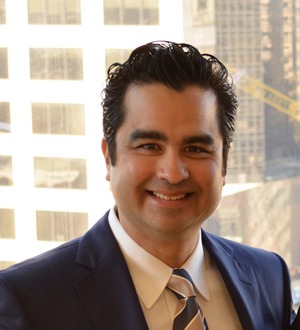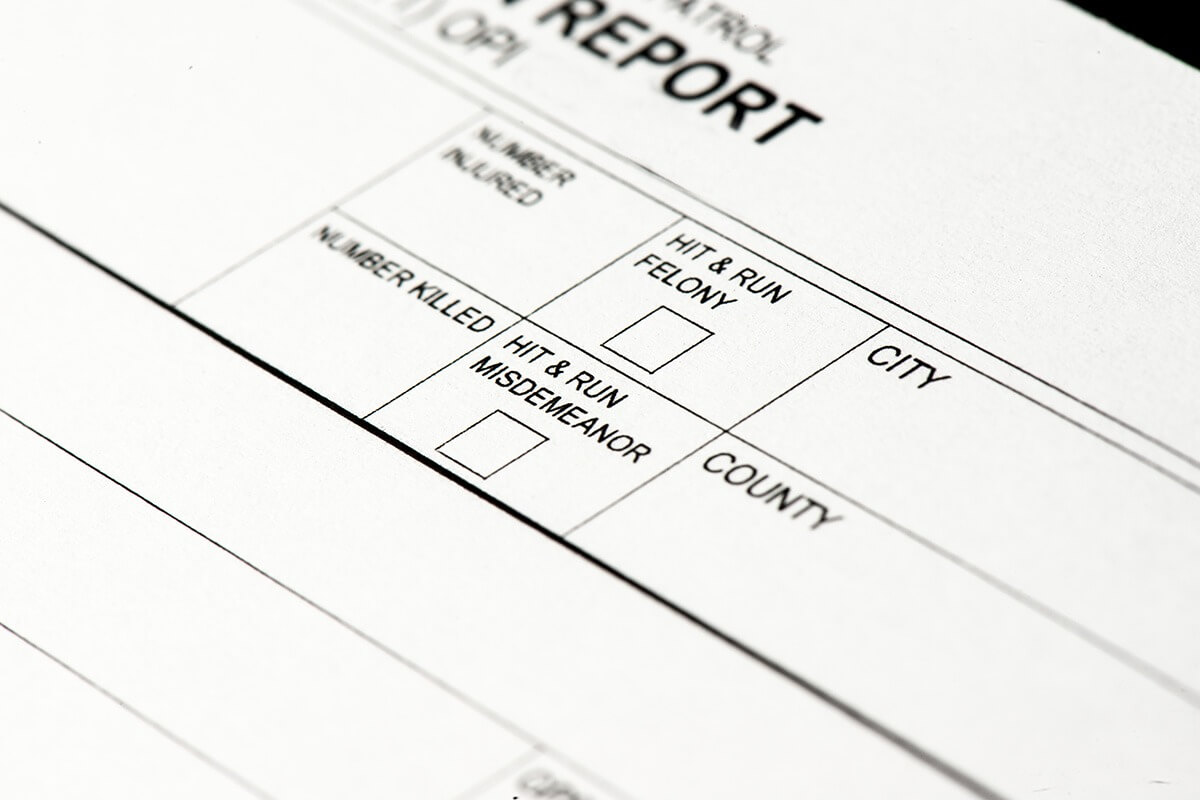
Partner at AKD Lawyers
Practice Areas: Personal Injury

After a car accident in Louisiana, the police report can either support your claim—or seriously hold it back. Insurance companies treat these reports like gospel, and courts often rely on them heavily.
But here’s the problem: accident reports can be incomplete, inaccurate, or just plain wrong. If you’re navigating a crash in New Orleans, don’t assume the report tells your full story. Knowing what’s in that document and how to challenge what’s missing could make or break your case.
What’s in a Louisiana Police Accident Report?
When law enforcement arrives at the scene, their first job is to secure the area and help anyone who is injured. Then, they start gathering details for the accident report. This report becomes part of the official record of the crash.
Under Louisiana Revised Statute § 32:398, law enforcement must complete and submit a written accident report if the crash involves injury, death, or property damage over $500.
Here’s what you can usually expect to find in a standard police report in Louisiana:
What’s Included in a Standard Louisiana Police Accident Report?
| Section of Report | What It Contains |
| Basic Info | Date, time, and location of the accident |
| Parties Involved | Names, addresses, license and insurance details |
| Road & Weather Conditions | Lighting, visibility, road surface, weather at the time |
| Statements | Quotes or summaries from involved drivers and witnesses |
| Vehicle Damage | Description of visible vehicle damage |
| Diagram | Simple sketch showing position and direction of vehicles |
| Officer’s Narrative | Officer’s own assessment and conclusions (if any) |
| Citations | Any tickets issued at the scene |
Can a Police Report Decide Who’s at Fault?
Not officially. Police officers are trained to manage emergency scenes and gather information, but they are not accident reconstruction experts. They make observations and may note their opinion on who seems responsible. But legally, their report isn’t the final word.
Police reports are considered secondary evidence—they may influence insurance decisions but don’t determine legal fault under Louisiana law.
In some reports, the officer may list the driver they believe caused the crash first or draw the diagram in a way that implies blame. These details can influence how insurance companies interpret fault.
Why Police Reports Sometimes Get It Wrong
Police reports are written quickly, often under stressful conditions. Sometimes, a driver is unconscious or too injured to speak. That means the officer has to rely on what other people say—and not all witnesses are reliable.
Even two witnesses standing in the same place may describe an accident differently. That’s why eyewitness testimony alone shouldn’t dictate fault.
Mistakes also happen. Officers might mislabel a lane, misjudge vehicle positions, or misunderstand how the crash unfolded. These minor errors can make a big difference when an insurance company reviews your case.
What the Law Says About Fault in Louisiana
Louisiana uses a pure comparative fault system. That means fault can be shared among drivers. If you’re found to be 20% at fault, you can still recover compensation—but it will be reduced by 20%.
Louisiana follows a pure comparative fault system, which means you can recover damages even if you were partly at fault, but your percentage of fault will reduce your compensation.
So even if the police report leans against you, it doesn’t mean your case is over. It just means you’ll need more substantial evidence to support your side of the story.
What to Do If You Disagree With the Report
If you believe the report is wrong, don’t ignore it. There are steps you can take:
- Please request a copy of the report and review it closely.
- Provide any missing evidence (like dash cam footage or photos from the scene).
- Ask the officer to amend the report if there’s a clear error.
- Talk to an attorney who can help gather new evidence or request corrections.
Your attorney may also work with accident reconstruction specialists who can recreate the crash based on damage, skid marks, and other physical evidence.
How a Lawyer Can Help You Challenge a Police Report
An experienced injury lawyer can do more than just read the report. They can investigate the case from the ground up.
This includes:
- Interviewing witnesses who weren’t mentioned in the report.
- Getting traffic camera footage or private surveillance videos.
- Having independent experts analyze how the crash happened.
- Communicating directly with insurance adjusters on your behalf.
A strong legal case includes more than just the police report. It’s built with factual evidence and professional analysis.
Police reports are not final. They are a starting point. With the right legal support, you can still pursue the compensation you deserve—even if the report seems to say otherwise.
Frequently Asked Questions
Does a police report in Louisiana say who was at fault?
Not directly. While it may include the officer’s opinion or diagram that implies fault, it’s not a final legal determination. Insurance companies may treat it as influential, but it’s open to dispute.
Can I challenge an inaccurate police accident report?
Yes. You can file a supplement, ask for a correction, or have your attorney submit additional evidence to clarify errors in the report.
What happens if I don’t get to give my side of the story at the crash scene?
If you were unconscious or injured, the report may be based solely on the other driver or witnesses. Your attorney can help reconstruct what happened and provide supporting evidence.
How do insurance companies use police reports in Louisiana?
They review the report for evidence of fault and often rely on it heavily in making payout decisions. However, they can be challenged with new evidence or a legal dispute.
Are police reports admissible in Louisiana court?
Yes, but they are not conclusive. A skilled attorney can present a more complete picture that contradicts or adds context to what’s in the report.
What if the police report lists me first—does that mean I’m at fault?
Not necessarily. While insurers may interpret that way, the listing order isn’t proof of fault. Fault depends on the whole body of evidence, including photos, expert review, and legal arguments.
Conclusion
Police accident reports carry a lot of weight, especially when insurance companies are deciding who’s at fault. But they aren’t perfect. They’re based on what the officer sees and hears in a high-stress moment. If you believe the report doesn’t reflect what really happened, you don’t have to accept it. Louisiana law allows you to bring forward your evidence and protect your rights.
At Alvendia, Kelly & Demarest Accident Injury Lawyers, we’ve helped many clients in New Orleans deal with the challenges of inaccurate police reports. Please make an appointment for a free consultation with Alvendia, Kelly & Demarest Law Firm right now to find out how they can support your future.
Categories

In 2003, after being dissatisfied with the quality of legal care for victims of car accidents, Roderick ‘Rico’ Alvendia sought to establish a new firm focused on providing high-quality legal services to aid injured victims and their families. J. Bart Kelly, sharing Rico’s passion for upholding justice, joined the firm later that year, and established a partnership.





